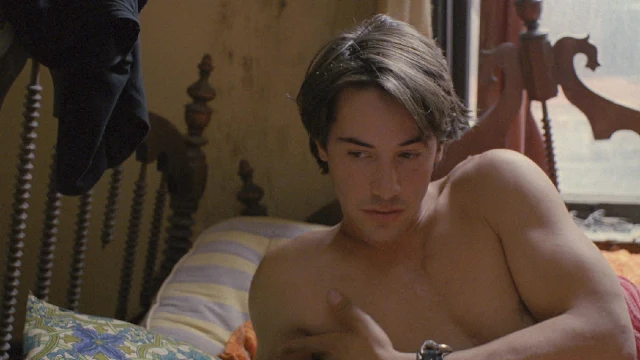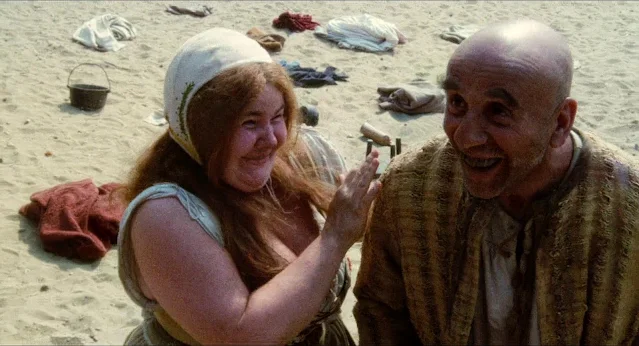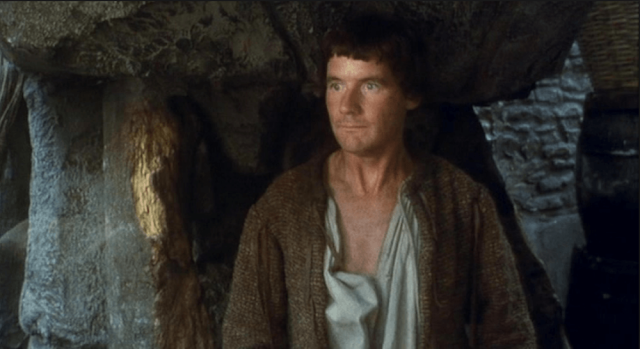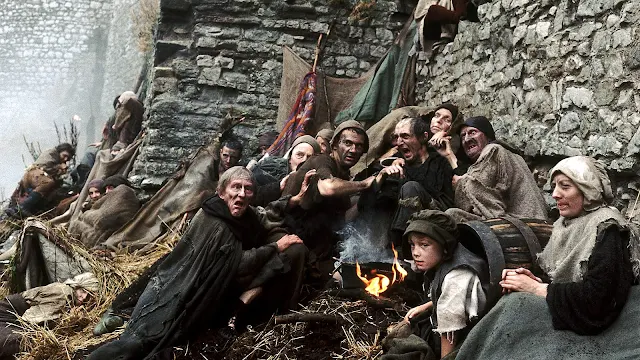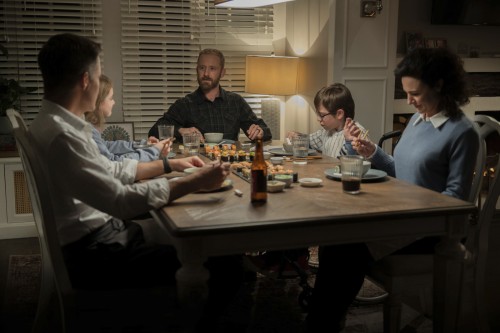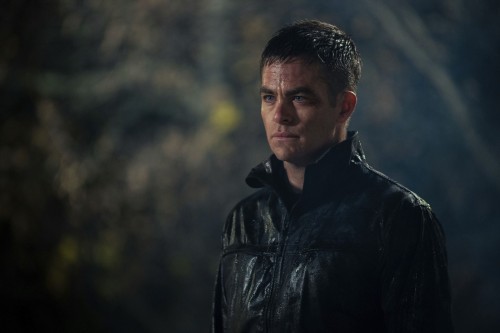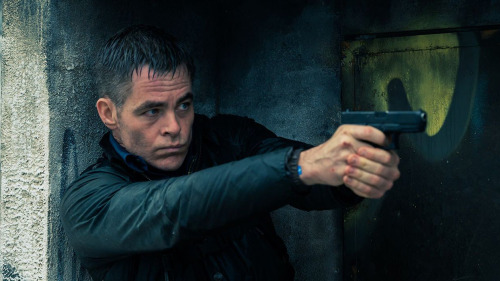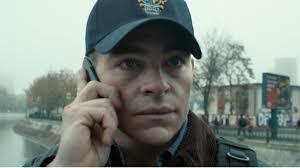My Own Private Idaho (Gus Van Sant, 1991)
Cast: River Phoenix, Keanu Reeves, James Russo, William Richert, Rodney Harvey, Chiara Caselli, Michael Parker, Jessica Makinson, Flea, Grace Zabriskie, Udo Kier, Tom Troupe, Sally Curtice. Screenplay: Gus Van Sant, based on plays by William Shakespeare. Cinematography: John J. Campbell, Eric Alan Edwards. Production design: David Brisbin. Film editing: Curtiss Clayton. Music: Bill Stafford.
When is a cult film not a cult film? The term is bandied about so often, that I have to protest when people use it about My Own Private Idaho, which seems to me to transcend the label. To my mind, a cult film is one that reaches an enthusiastic audience despite its apparent limitations as a serious work of film art. They Live, for example, John Carpenter’s 1988 movie, is a cult film because it’s part of a genre, the horror/sci-fi flick, looked down on by “serious” critics, made on a shoestring, with some really awful acting and cheesy production values, but carrying a potent subtext that continues to be appreciated by audiences years after others in its subgenre have been forgotten. What lifts My Own Private Idaho above cult level is its wit and intelligence, which should have been obvious from the start, and the sheer brilliance with which its director and actors carry off its audaciously ironic vision of what lesser filmmakers would have treated with message-movie earnestness: The lives of street hustlers. Gus Van Sant’s decision to work in an analogy with the coterie surrounding Falstaff in Shakespeare's Henry IV, Parts I and II, and Henry V is a stroke of genius. (Shakespeare is credited – tongue-in-cheek, I think – with “additional dialogue,” even though most of the borrowings are paraphrased into contemporary English.) But it’s only the most obvious of the film’s surprises, which multiply with every viewing. My Own Private Idaho will also continuously engender a sense of loss, from what may be River Phoenix’s finest performance, as the narcoleptic lost boy, hopelessly in love with Keanu Reeves’s controlled and conniving Scott, a character that makes its own wry comment on Shakespeare’s Prince Hal.





.jpeg)
.jpeg)
.jpeg)



